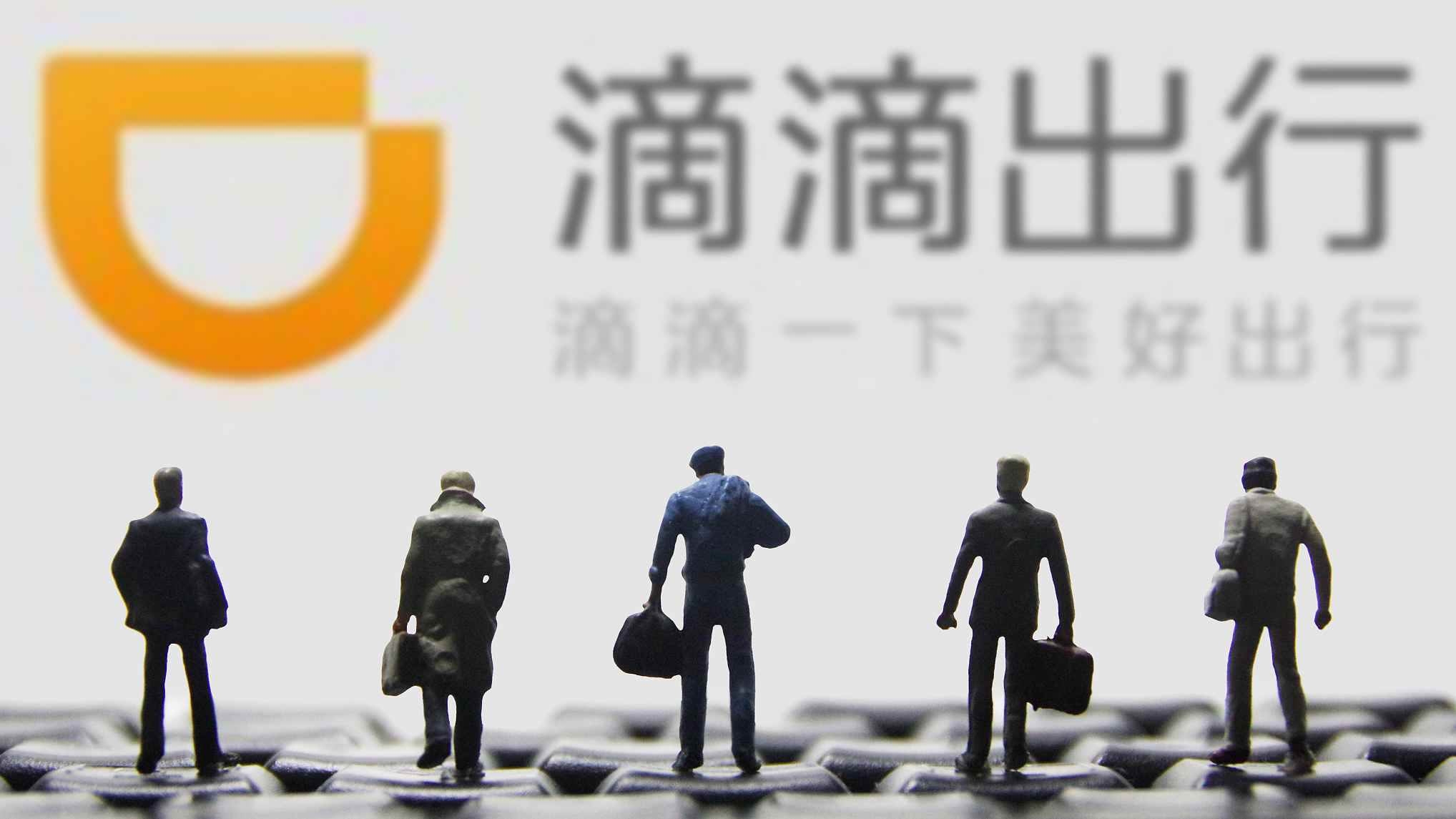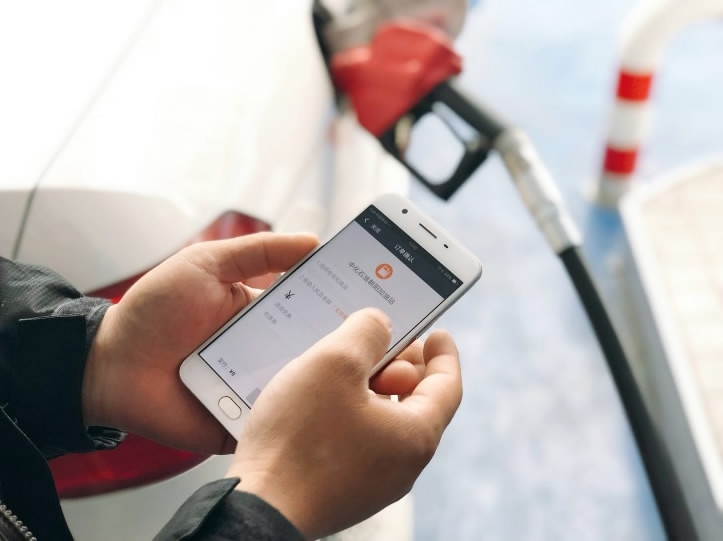
Business
16:40, 25-Apr-2018
China’s ride-hailing giant Didi plans for car models designed for sharing
By CGTN’s Yang Jing

Didi Chuxing, China’s largest mobile transportation platform who took on Uber in the populous market, planned to offer a full package of auto service including car models designed and manufactured for sharing instead of selling.
In addition to ride hailing, Didi has expanded to an auto service platform that integrates leasing, sales, auto finance, refueling and maintenance services, but the unicorn company is not satisfied and plans to develop vehicle models for shared mobility sectors, through cooperation with auto makers and other players in auto industry chain.

IDiDi provides fuel and other value-added services at partner gas stations. /Didi Photo
IDiDi provides fuel and other value-added services at partner gas stations. /Didi Photo
With the aim to develop a full-capacity vehicle operator platform, Didi and 31 automobile industry partners launched the Didi Auto Alliance in Beijing on Tuesday.
The 31 partners cover many major auto makers and service providers including BAIC, BYD, Changan Automobile, Chery, FAW, and Volkswagen Group China, among others.
There are thousands of car models in the market and none of them are designed for sharing mobility, However, Didi believed that the “pay-per-use models” will be a new choice leading to a huge market that emerging in China first in the next decade, Cheng Wei, founder and CEO of Didi said at the alliance launch ceremony.
In the mobility business, operators charge customers for each travel and share the income with partners in areas of car manufacturing and related services, Cheng said, but emphasized that Didi as a platform “will not produce cars”.
Didi will offer its rich data and operation experience in ride-sharing, integrated with design and manufacturing expertise from the automakers, according to the company’s press release.
Moreover, with the alliance Didi vowed to take a leading position amid the rapid growth of China’s new energy vehicle.
Didi claimed it has operated the world’s largest EV fleet and aimed to have 10 million EVs on its platform by 2028.
Meanwhile, the alliance will work on promoting the adoption of new energy vehicles in the shared transportation scenario, improvement of charging facilities, and most importantly, working with regulators to develop unified standards for design and manufacturing of new energy cars.
Didi is not the first one to realize the changing user needs and new energy trend.
Late March, BMW Group and Daimler AG, two of the fiercest competitors in auto industry, announced to combine their mobility business into an as-yet-unnamed 50-50 partnership.
The deal brings together the two auto giants’ car-sharing brands together: Daimler’s Car2Go and BMW’s DriveNow.
The new joint venture is also designed to offer a full range of service, including car sharing, ride hailing, parking and electric vehicle charging.

SITEMAP
Copyright © 2018 CGTN. Beijing ICP prepared NO.16065310-3
Copyright © 2018 CGTN. Beijing ICP prepared NO.16065310-3